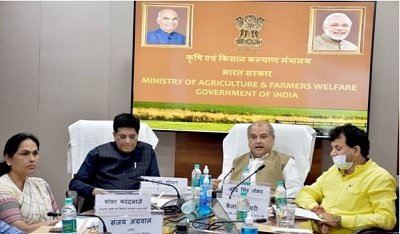Case IH plans to participate in European trade shows
Case IH will be exhibiting a range of exciting new products, including the first public showings of the AFS Connect versions of the Quadtrac and Optum tractors
Leading farm equipment manufacturer Case IH has announced plans to attend major European agricultural shows during the remainder of 2021 and 2022 as part of the company’s programme to reconnect with customers. This will be done with the highest possible attention to safety for both customers and Case IH employees, strictly observing safety measures prevailing in each location.
Case IH will be exhibiting a range of exciting new products, including the first public showings of the AFS Connect versions of the Quadtrac and Optum tractors, the latest versions of the popular Puma 150-175 and 185-240 models, together with the Axial-Flow 9250 AFS Harvest Command combine and LB436 HD baler. An expanded range of the innovative AGXTEND precision farming technologies will also be shown.
The company’s exhibition programme, which remains subject to change depending on prevailing COVID-19 legislation, will start with Innov-Agri in France from September 7-9, 2021, where Case IH will be launching the latest version of its highly successful Optum CVXDrive model. With 160ha of field demonstrations, Innov-Agri will take place at Outarville, South-West of Paris.
Agribex is the other major event Case IH will attend this year. Belgium’s largest indoor international trade fair for agriculture and the green sector will be held at Brussels Expo from December 7 to 12.
For 2022, Case IH has confirmed its attendance at five major shows, although others may be added to the company’s schedule.
The calendar will start with FIMA 2022 from February 8-12, 2022. A major showcase for the agricultural sector in Southern Europe, the 42nd International Fair of Agricultural Machinery will take place in Zaragoza, Spain.
The Case IH team will then head to Hannover in Germany for Agritechnica, where the world’s leading trade fair for agricultural machinery will be held from February 27 to March 5.
Later in the year, Case IH will exhibit at SIMA 2022. Marking the 100th anniversary of the SIMA show, the event will take place at the Parc des Expositions de Paris-Nord Villepinte, Paris, from November 6 to 10. In November, the company will also attend EIMA International 2022, the 45th International Agricultural Machinery Exhibition, in Bologna, Italy.
The final date in the Case IH events diary for next year will be Agraria 2022 at Wels in central Austria from November 23 to 26.
Case IH will be exhibiting a range














